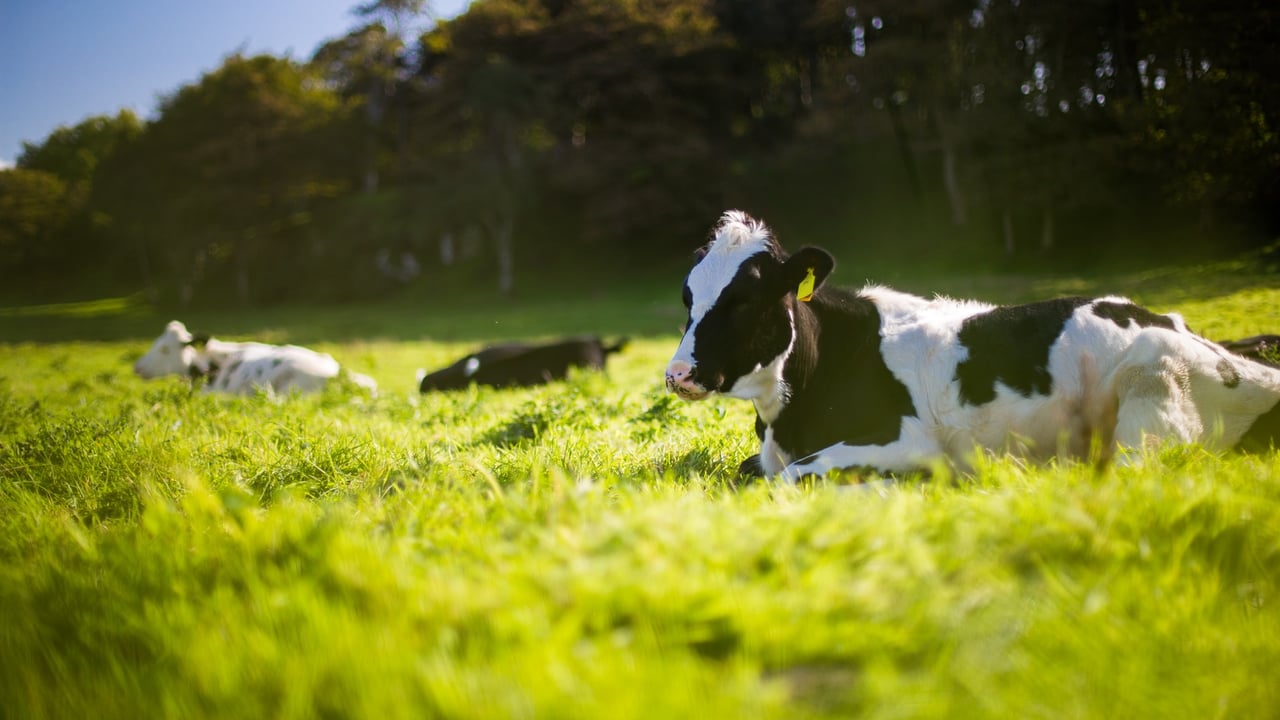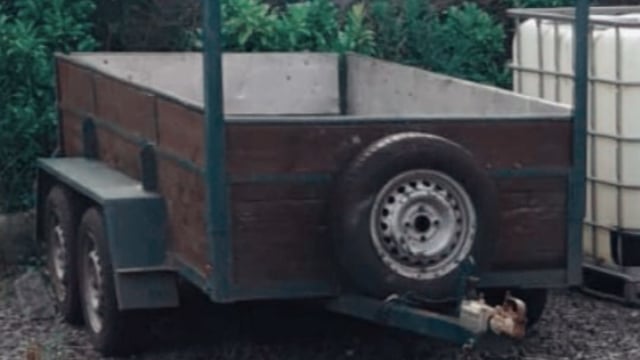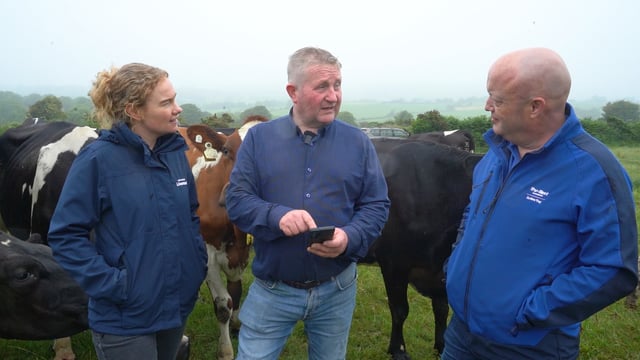Emissions: 'EU reductions will equal increases in third countries' - Copa-Cogeca
A technical report published by the European Commission's Joint Research Committee on the Farm to Fork and Biodiversity strategies, has revealed that a reduction in agricultural emissions achieved through these strategies will be erased by a sustainability leakage to third countries, according to Copa-Cogeca.
Responding to the report this week, Copa-Cogeca - the representative body for farmers and cooperatives in Europe - said:
"Whatever the scenarios considered, the effect of these strategies will be an unprecedented reduction of EU production capacity and of its farmers’ income."
The report, while not a comprehensive impact assessment and subject to limitations - according to the JRC - looks at four selected targets of Europe's Biodiversity and Farm to Fork strategies.
These targets were selected as the ones with the greatest potential to affect agricultural environment and production, and to which the Common Agricultural Policy (CAP) can provide specific contribution, according to the report.
The selected targets - modelled under three scenarios - include:
The report states:
Results, according to the report, also show a decline in EU production and variations in prices and income for selected agricultural products.
The new CAP implementation also increases the positive performance of the agricultural sector in environmental terms, according to the report.
It states:
"Reductions in production associated with [a] shift to organic agriculture could be mitigated with the implementation of the organic action plan.
"The positive impact could also be enhanced via accelerated technological development and efficiency improvements likely to occur by 2030."
However, because of the assumption that the EU is working alone on this, a significant part of the gains, in terms of emissions in the EU, is leaked to other world regions, the reports states.
According to Copa-Cogeca, regardless of the scenarios, "all sectors show declines in production of 5% to 15%, with the livestock sectors being the most heavily impacted".
"Meanwhile, whatever the scenario, production prices show a net increase of around 10% with a negative impact for most farmers' incomes.
However, one major finding of the report, according to Copa-Cogeca, is that more than half of the expected GHG reductions in all scenarios are substituted by equivalent GHG emissions increases in third countries.
Pekka Pesonen, secretary general of Copa-Cogeca, said:
“This report, even with all the precautions that must be taken into consideration regarding its methodology and scope, confirms many of our analyses.
"However, strategies like Farm to Fork or the Biodiversity one will create an ever-widening gap in practices and competitiveness with our international competitors."





